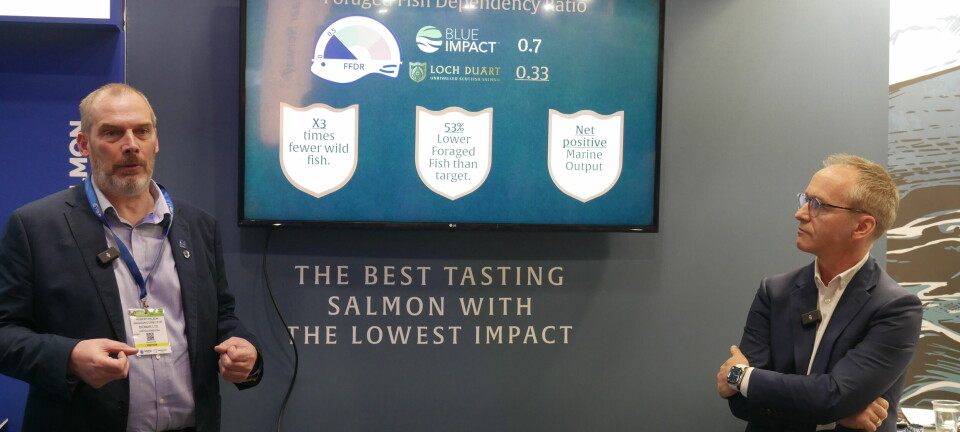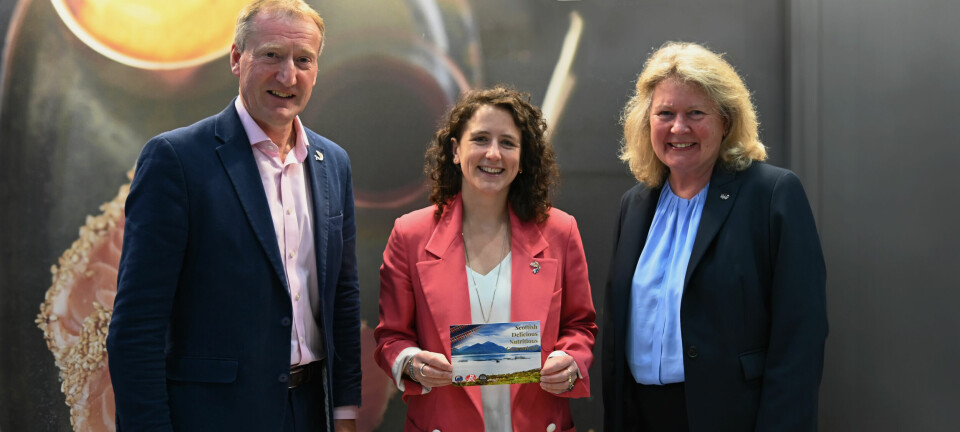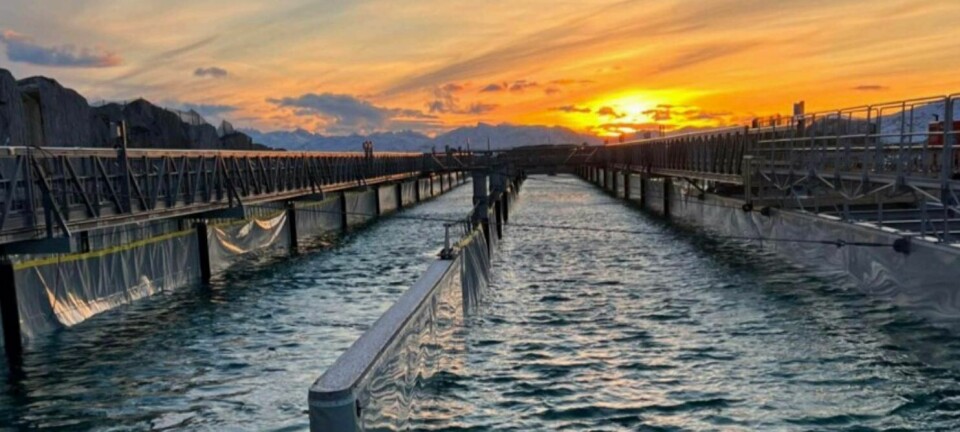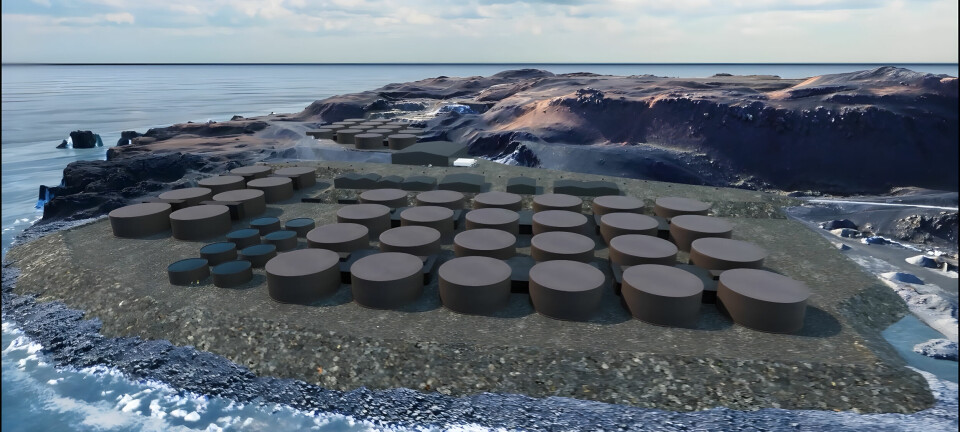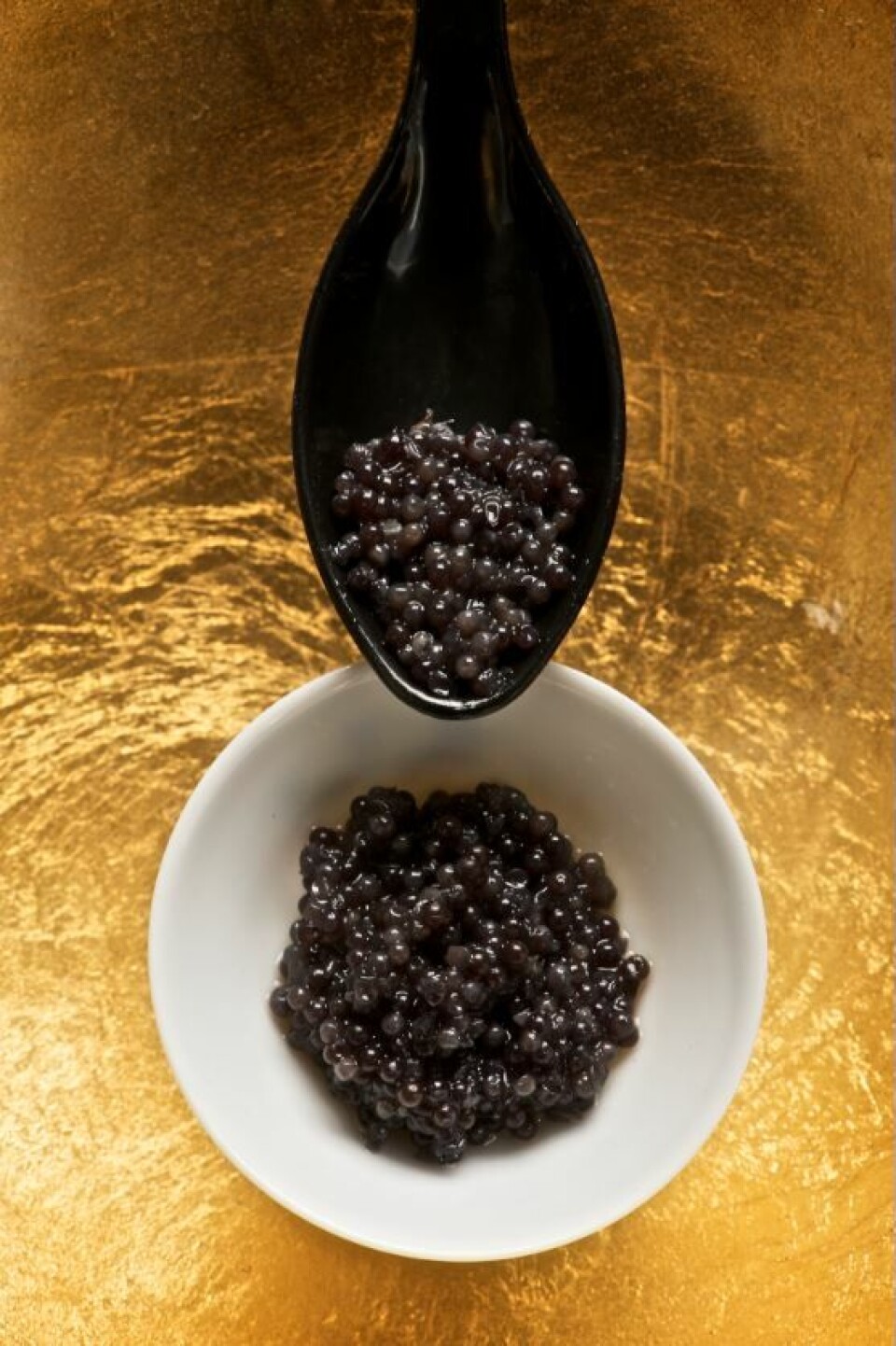
Ready, steady, roe: caviar farm awaits green light
The man behind plans for a caviar farm at Ardkinglas, near the head of Loch Fyne, hopes work can start on the site as early as April next year.
Trevor Knight, one of three directors of the Fynest Caviar Company Ltd, said the company had submitted an application for planning permission to Argyll and Bute Council and is optimistic that it will be granted. The company has already secured fish farming licences from the Scottish Environment Protection Agency.

Knight, who has a background in property development, said: "I have all my SEPA licences, I submitted planning the week before last."
Although he stressed that nothing was ever certain with planning applications, he added: "It’s not a blind application, we’ve met with the planners, and the land where the facility is going has already got an outline consent for a very large residential and commercial scheme, so it’s not as if we’re building in the countryside on a virgin piece of land. We’re just changing what’s already planned to go there."
Plenty of water
He added: "Right now we are 90% there. We just need to get that planning permission granted and then we can progress. We’ll be really happy to get on site and building, and hopefully that’ll be April."
Knight said the company planned two sheds of about 50m by 20m for the tanks, and a smaller shed for office and production and the storage facilities.
"We do have plenty of water and that’s the main reason for choosing that location," he added. "Our landlord has got access to quite a lot of water, and so we have a good supply of fresh water running through the facility."
Broodstock unit
The farm will employ around 12 people and will have the capacity for around 50 tonnes of sturgeon, although Knight anticipates starting at only 10% of capacity. In addition to caviar, it is forecast that a further 10 tonnes of sturgeon products would eventually be produced each year.
Plans include an onsite broodstock unit, a nursery and an on-growing area. The fish will be moved to depuration tanks at seven or eight years old, when they would be about a metre long and weigh between 15-22kg. The fish will then be slaughtered, and the roe will be removed and canned on site, while the rest of the carcass will be filleted.
Russian client
Explaining how he came to be involved in what would be Scotland's first caviar farm, Knight said: "I have a construction company in the south of England and I work for quite a few overseas clients.
"One of my clients is Russian and he has a [caviar] farm in Germany and he was going to build a much bigger farm in the south of England, and he asked me to deal with all the planning and the construction for that big facility.
"That never came off, so I went out on my own, looking for an opportunity where I can possibly include him in at a later date, and that’s how I ended up in Scotland."
Buy sturgeon up to six years old
Knight, who said both he and his wife "love caviar, love salmon" and "live on fish", explained that once the facility was built the company planned to buy sturgeon of every age up until six years old from farms in Europe and beyond.
"Then they’ll be in our facility for two to three years before the first run of fish are processed," he said.
"That means that every year after that we’ll have fish coming through.
"And also from the first year of fish we will be breeding our own fingerlings as well, and turning the cycle around."
